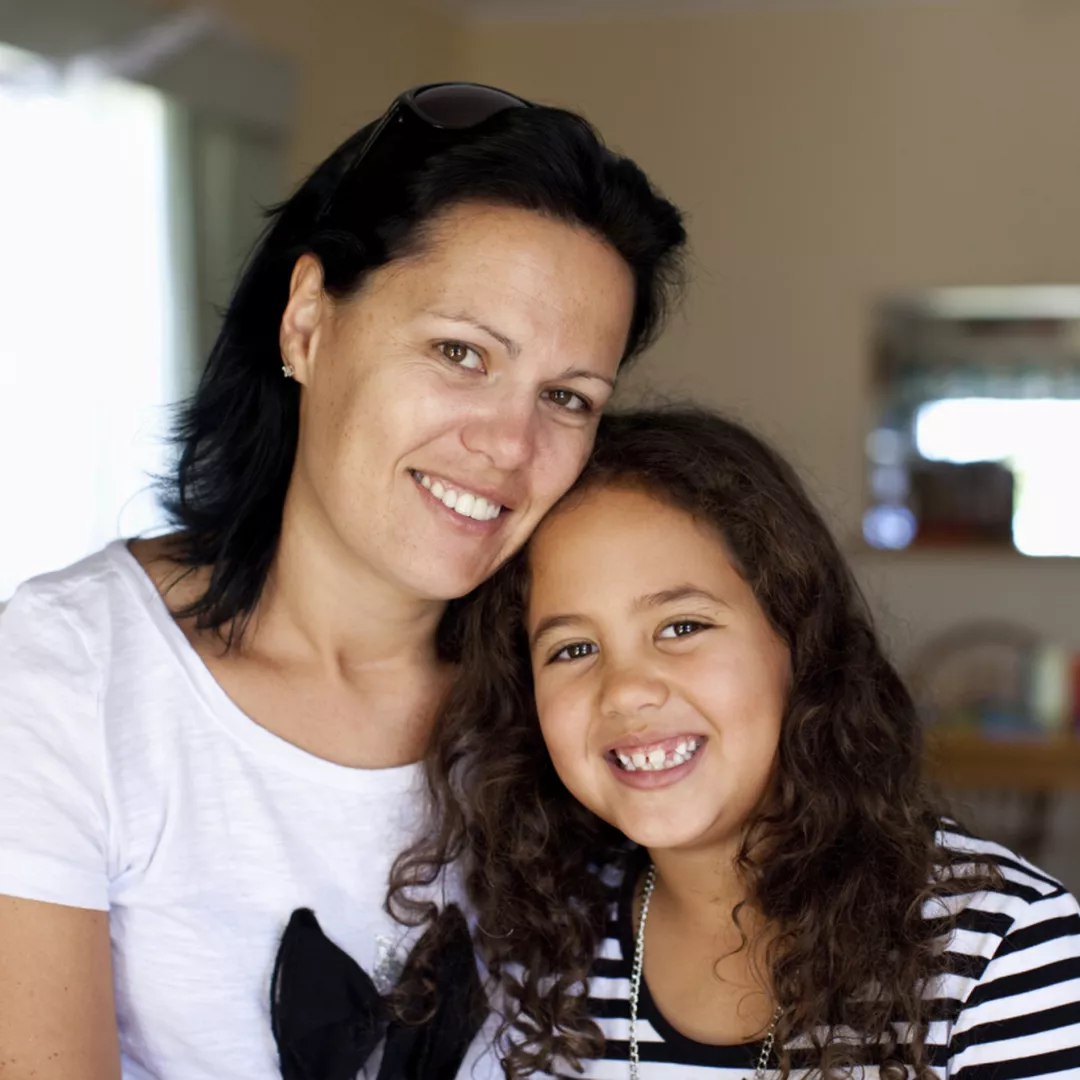
HRI cardiologist and heart authority Dr Ben Freedman, study co-author says the research also has implications for Australian indigenous people.
“The same is true for Aboriginal and Torres Strait Island people who also develop AF earlier than other Australians. An early test could help people avoid a catastrophic stroke and spare families a lot of pain, frustration and heartache.”
With more than 9,000 strokes in New Zealand each year – 25 every day – and almost 56,000 new and recurrent strokes in Australia annually, the need for action is clear.
“We now know that one in every three of these strokes are linked to AF, a common condition affecting over five per cent of older people, in which the heart beats irregularly or rapidly,” he says.
AF can present with a flutter in the chest or feeling the heart racing. But some people are not even aware that they have AF, making it a ‘silent’ heart condition. In about a third of these AF-linked strokes, the heart condition wasn’t diagnosed until after the stroke occurred.
Strokes from AF are larger, more severe and harder to survive than other strokes because they are caused by clots that form inside the heart and break off. The clots end up in a brain artery causing a ‘brain attack’ or stroke that might be preventable if we could detect AF and give drugs which prevent clots. Blood thinners successfully manage AF but you need to know you have the condition in order to take them.

